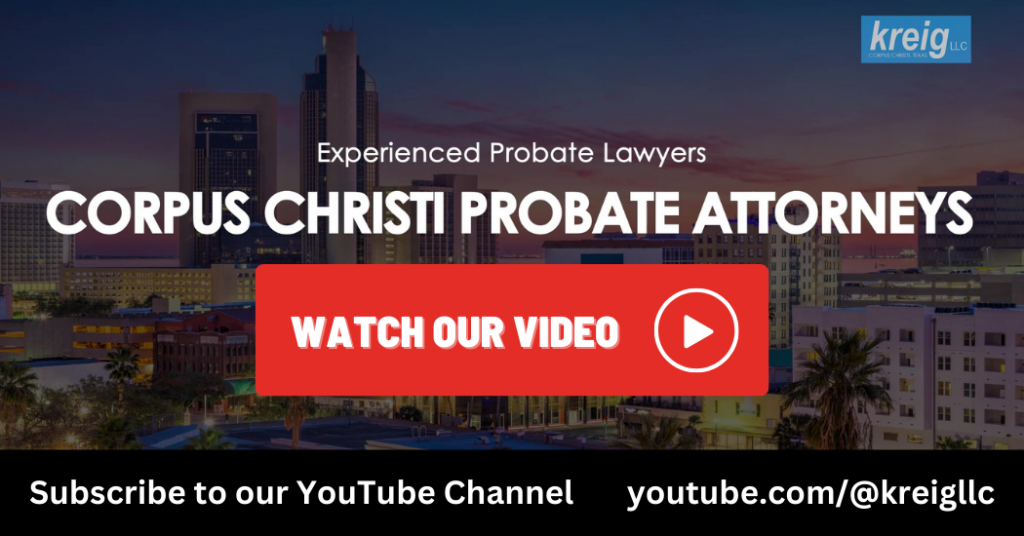In specialized Texas probate proceedings, courts at times order one party to pay the other party’s attorney fees. However, specific statutes, rules, or case law must permit fee-shifting, and sufficient evidence must support the amount awarded. The Mortensen v. Villegas, 630 S.W.3d 355 (Tex. App. – El Paso [8th Dist.] 2021) case explores the standards Texas appellate courts apply when reviewing probate fee awards.
Facts & Procedural History
The plaintiff previously unsuccessfully sued in a Texas probate case involving a neighbor’s estate. The court dismissed for lack of standing, and the appeals court affirmed. But the plaintiff then asserted new claims for nuisance, defamation, and denial of records access in the same probate case against the estate administrators and others involved in the original matter.
The defendants sought dismissal for lack of jurisdiction and requested attorney fees as sanctions. The probate court granted dismissal and awarded substantial fees. The plaintiff appealed the rulings.
Probate Courts’ Authority to Award Fees
While Texas generally follows the “American Rule” requiring parties to bear their own legal fees, exceptions allow fee-shifting when authorized. Some statutes explicitly permit recovery of fees for particular types of claims. Probate courts can also sanction frivolous pleadings by ordering attorney fees.
When statutes or rules fail to support fee awards, appellate courts find error. In this case, the appeals court first examined whether the new claims fell within the probate court’s limited jurisdiction. Under the Texas Estates Code, probate courts manage estate administration, will disputes, and related matters. The new claims did not constitute “probate proceedings” as statutorily defined. Nor did they qualify as “matters related to a probate proceeding.”
Importantly, the underlying estate case had already reached conclusion. So no basis existed for ancillary probate jurisdiction over claims between former case participants. Lacking subject matter jurisdiction, the probate court could not rule on the merits of the plaintiff’s new lawsuit.
Evidentiary Requirements for Attorney Fee Awards
Under Texas law, legally sufficient evidence supporting reasonableness must back fee awards. Required proof includes:
- Particular services performed
- Who performed the services
- When services were performed
- Time reasonably required
- Reasonable hourly rates
Without evidence establishing these factors, Texas courts find awards arbitrary and abusive of discretion. In this case, given the jurisdictional dismissal, the appeals court then examined whether the attorney fee awards were proper. It found the plaintiff waived complaints about lack of statutory authority for fees by not objecting during probate proceedings. But arguments about evidentiary support sufficiency could be raised initially on appeal.
The court determined the invoices submitted failed to establish reasonableness or other fee award elements. So it reversed the awards as an abuse of discretion and remanded for reconsideration.
Preserving Error in Probate Fee Awards
Parties must properly object to preserve complaints about lack of statutory basis for probate fees. But evidentiary sufficiency can be raised for the first time on appeal. Mortensen illustrates how courts address each argument differently.
The Takeaway
When reviewing probate attorney fee awards, Texas appellate courts require specific statutory or rule authority. They must review the sufficiency of reasonableness evidence and distinguish between the types of objections. By mandating authority and evidence for fees, courts ensure soundness of probate awards.
Do you need help with a probate matter in Corpus Christi or the surrounding area? We are Corpus Christi probate attorneys. We help clients navigate the probate process. Call today for a free confidential consultation, 361-298-1109.
Our Corpus Christi Probate Attorneys provide a full range of probate services to our clients, including helping with attorney’s fees. Affordable rates, fixed fees, and payment plans are available. We provide step-by-step instructions, guidance, checklists, and more for completing the probate process. We have years of combined experience we can use to support and guide you with probate and estate matters. Call us today for a FREE attorney consultation.
Disclaimer
The content of this website is for informational purposes only and should not be construed as legal advice. The information presented may not apply to your situation and should not be acted upon without consulting a qualified probate attorney. We encourage you to seek the advice of a competent attorney with any legal questions you may have.




